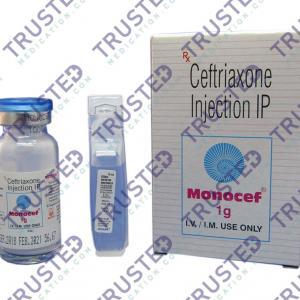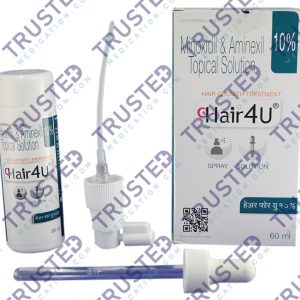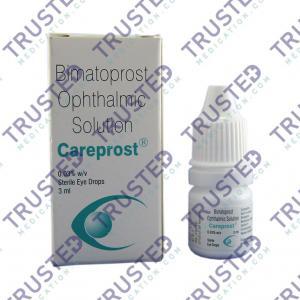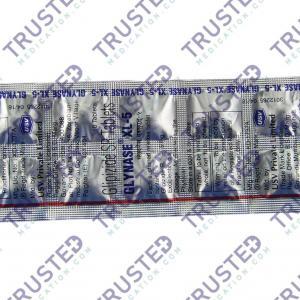
Many people don’t understand the nature of mental health disorders. If you suffer from attention deficit hyperactivity disorder or ADHD, you’ve probably heard it all. Dealing with a disorder like this is enough without having to listen to all the untruths said about it. Though dealing with ADHD has various options, you can manage it using prescription medications such as Clonidine Hcl. This medicine is an extended-release tablet that may treat the disorder by affecting the part of the brain that controls attention and impulsivity.
Let’s Understand What Attention Deficit Hyperactivity Disorder Is

ADHD is marked by an ongoing pattern of inattention or hyperactivity-impulsivity that interferes with functioning or development. People with this disorder experience an ongoing pattern of the following types of symptoms:
- Inattention – a person may have difficulty sustaining focus, staying on task, and staying organized, and these problems are not because of defiance or lack of comprehension.
- Hyperactivity – a person may seem to move about constantly, including in situations when it is not suitable, or extremely fidgets, taps, or talks. In adults, hyperactivity may mean talking too much or extreme restlessness.
- Impulsivity – a person may act without thinking or have difficulty with self-control. Impulsivity could also include the inability to delay gratification or a desire for immediate rewards. An impulsive person may interrupt others or make important decisions without considering long-term consequences.
How To Tell If Someone Has ADHD?
Some people with this disorder have fewer symptoms as they age, but some adults continue to have major symptoms that interfere with their daily lives. In adults, the main features may include difficulty paying attention, impulsiveness, and restlessness. Symptoms can range from mild to severe.
Adults with the disorder may find it difficult to focus and prioritize which may lead to missed deadlines and forgotten meetings or social plans. The inability to control impulses can range from impatience in waiting in line or driving in traffic to mood swings and outbursts of anger.
Adult ADHD symptoms may include:
- Problems focusing on a task
- Impulsiveness
- Disorganization and problems prioritizing
- Excessive activity or restlessness
- Poor planning
- Problems following through and completing tasks
- Hot temper
- Trouble coping with stress
- Poor time management skills
- Trouble multitasking
- Low frustration tolerance
- Frequent mood swings
The Myths and Facts
Myths
- There is no such medical condition as ADHD.
- The disorder is caused by bad parenting.
- ADHD is a life sentence.
- Having ADHD means the person is lazy or dumb.
- Medicine for ADHD will make a person seem drugged.
- Children with ADHD are learning to use the condition as an excuse for their behavior.
- Children outgrow ADHD.
- If a child has ADHD, he or she can always be diagnosed in the doctor’s office.
Facts
- Attention Deficit Hyperactivity Disorder is a medical disorder, not a condition of the child’s will.
- The disorder is not caused by bad parenting. But parenting techniques can often improve some symptoms and make others worse.
- Even though the symptoms usually continue into adulthood, the person learns ways to cope with the symptoms. People with this disorder have plenty of energy, are creative, and can often accomplish more than people who do not have the condition.
- Children without the disorder respond to psychostimulants similarly to children with it. A trial of medicine is not used to diagnose the condition.
- The disorder has nothing to do with a person’s intellectual ability. Some highly intelligent people have ADHD.
- Properly adjusted medicine for the disorder sharpens a person’s focus and increases his or her ability to control behavior.
- Teens and adults with this disorder continue to benefit from medical treatment.
- This disorder is estimated to affect about 3% to 10% of children. There is little evidence to support claims that this disorder is over diagnosed and that medicines for it are over-prescribed.
- ADHD is a disability. Children with the disorder have to learn ways to deal with the symptoms that cause them to have difficulties in life.
- A child may not always show symptoms of ADHD, especially in an unfamiliar setting. Evaluating a child from one office observation may fail to recognize or diagnose symptoms.









